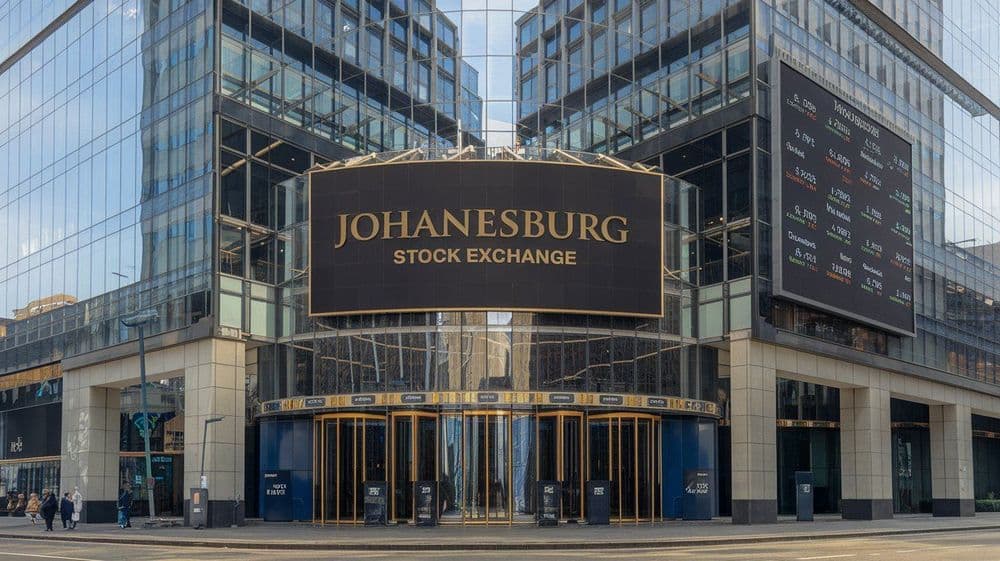
Johannesburg Stock Exchange:
Magnet for Foreign Investors
Economy
Johannesburg Stock Exchange: Magnet for Foreign Investors
February 4, 2025 at 11:15:00 PM
Editorial Team

Sign up for the free BRICS.Investments Report
Stay up to date with the latest BRICS investment news and updates.
The Johannesburg Stock Exchange (JSE) is currently experiencing a remarkable influx of foreign investments. What is driving this development, and what opportunities does it present for investors?
Upsurge in Foreign Investments
In the third quarter of 2024, the JSE saw a net capital inflow of 4.1 billion rand from foreign investors. This is in stark contrast to the net outflows of 33 billion rand in the second quarter of the same year. Notably, this marks the first net purchase since the first quarter of 2022.
Factors Behind the Increased Interest
Several factors are contributing to this renewed interest:
- Attractive Valuations: South African stocks are considered undervalued compared to international markets, making them particularly attractive to bargain hunters.
- Commodity Wealth: South Africa is rich in natural resources such as gold, platinum, and diamonds. Rising commodity prices are increasing the profits of mining companies, making investments in this sector particularly lucrative.
- Economic Recovery: After the challenges of the pandemic, the South African economy is showing signs of recovery, supported by government stimulus programs and a rising vaccination rate.
Sectors in Focus for Investors
The following sectors are particularly in demand:
- Financial Services: South African banks and insurers benefit from stable regulation and innovative digital offerings.
- Mining: Companies like Anglo American and Impala Platinum are seeing increased profits due to rising commodity prices.
- Telecommunications: With increasing digitalization, the demand for telecommunications services is growing, benefiting companies like MTN.
Opportunities and Risks for Investors
The current developments offer both opportunities and risks:
- Diversification: Investments in South African companies allow for portfolio diversification and access to high-growth markets.
- Currency Risks: Fluctuations in the South African rand could impact returns.
- Political Uncertainties: Like in many emerging markets, political risks should be taken into account.
BRICS+ Countries: New Horizons for Investors
The BRICS countries (Brazil, Russia, India, China, and South Africa) have intensified their collaboration in recent years and are seeking to expand with additional emerging economies, known as BRICS+. This cooperation aims to promote economic integration and drive joint projects in areas such as infrastructure, technology, and trade.
Benefits of BRICS+ Cooperation
- Economic Diversification: The inclusion of additional countries opens up new markets and strengthens trade relationships.
- Joint Infrastructure Projects: Large-scale projects, such as the expansion of transportation networks and energy supply, offer investment potential and drive economic growth.
- Financial Cooperation: The creation of joint financial institutions, such as the New Development Bank, facilitates the financing of development projects and reduces dependence on Western financial markets.
Conclusion
The Johannesburg Stock Exchange is currently benefiting from increased interest from foreign investors who are recognizing the opportunities in African markets. At the same time, the strengthened cooperation among BRICS+ countries offers new perspectives for investments in emerging economies. However, investors should always conduct thorough analysis and weigh both opportunities and risks to make informed decisions.



